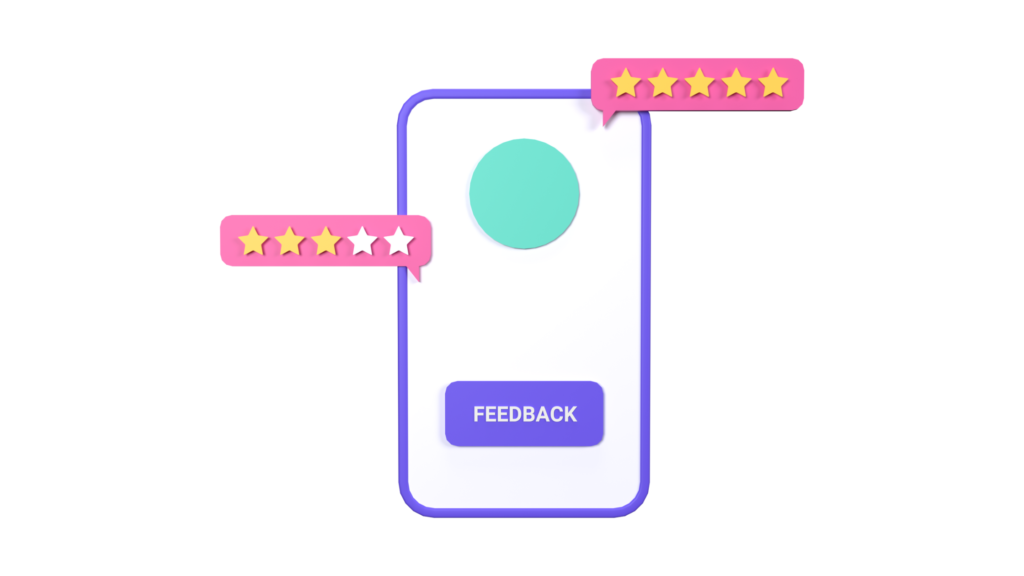Why is Customer Engagement Important for a Business
To properly analyse this, we must first identify what exactly is customer engagement?
Customer engagement is about the connections between your business and your customers. It’s engaging interactions happening across all channels, both online and offline, that are helping you strengthen your customer-brand relationship.
This begins with the initial connection, which is when a shopper first comes across your brand. Then, a relationship is formed and the customer is engaged. If the connection continues and leads to a purchase, or better yet multiple purchases, then this means that the customer is successfully engaged.
Why is this important for your business?
By achieving a good customer engagement rate, this gives value to your business. Developing a strong customer-business relationship will ultimately lead to a stronger bond, consumer loyalty and increased profitability. Creating meaningful customer engagement is now a thriving concept in businesses that must be executed well. When shoppers feel connected with a brand, they’re loyal, supportive and better yet, understanding.
Businesses were always concerned with acquisition and profits, forgetting the important matters that lie between. Today, businesses delve in stronger connections and find it a difficult task to retain customers. This is simply because everything is vastly available to the consumer, and the consumer has sky-high demands when compared to 10 years ago. (Hint – QCommerce)
How do you achieve customer engagement?
It’s best to address this using a marketing funnel, and view consumers through their customer journey. Take a look at our Customer Journey Mapping Guide for a detailed analysis.
When making a purchase, the consumer undergoes a decision making process that will either lead to a purchase or an abandonment. Another great source to look at is our recent Cart Abandonment article that addresses this issue.

Start measuring your customer engagement.
NPS (Net Promoter Score) is a key metric to start measuring your engagement rates as a business.
NPS is used to measure your shoppers’ loyalty towards your brand, and how likely they are to recommend it to their friends. This data is collected by an NPS survey, usually placed at the end of one’s purchasing journey. i.e a simple question pops up at the end of checkout. A ‘Thank you for your order’ email starts with a question. A rating scale from 1 to 10. A scale that uses stars to rate experience, from 1 star to 5. And so on. For qualitative results, you can start asking deeper questions either in the form of surveys or reviews.
Pay attention to your interactions on social media.
Secondly, the amount of connections you make through socials is a clear indication of your customers’ engagement. Replies, retweets, shares, follows and tags will give you a great insight to your success on socials. Content is important, and social interactions add great value to a business. If users are engaging actively with your business, this means that your content is difficult to scroll past. That is the goal.

Then, you should look at your purchase rate.
If you notice an increase in the percentage of customers who’ve made a recent purchase, this means that your engagement strategy is working. To calculate the rate, choose a set timeframe. Then, divide the number of customers who have made more than one purchase by the total number of customers in that same period.
On the same note, you can also gain insight through your website sessions.
This also indicates how engaging your content is. An increase in the number of pages per session, means an increase in interested shoppers, This in turn means an increase in engaged customers. If numbers are decreasing, look into the quality of your content. Tracking this regularly will help you retain your customers and maintain a good engagement rate.
Final thoughts.
An engaged database paves the way for a successful business in the future. Customers interacting with your business is a massive benefit that gives way to great marketing strategies and personalised user experiences. It also helps build brand loyalty programmes, business development schemes and ultimately raise profits. The more the engaged customers, the more the potential for growth.
Do you think your customers are engaged with your business?
